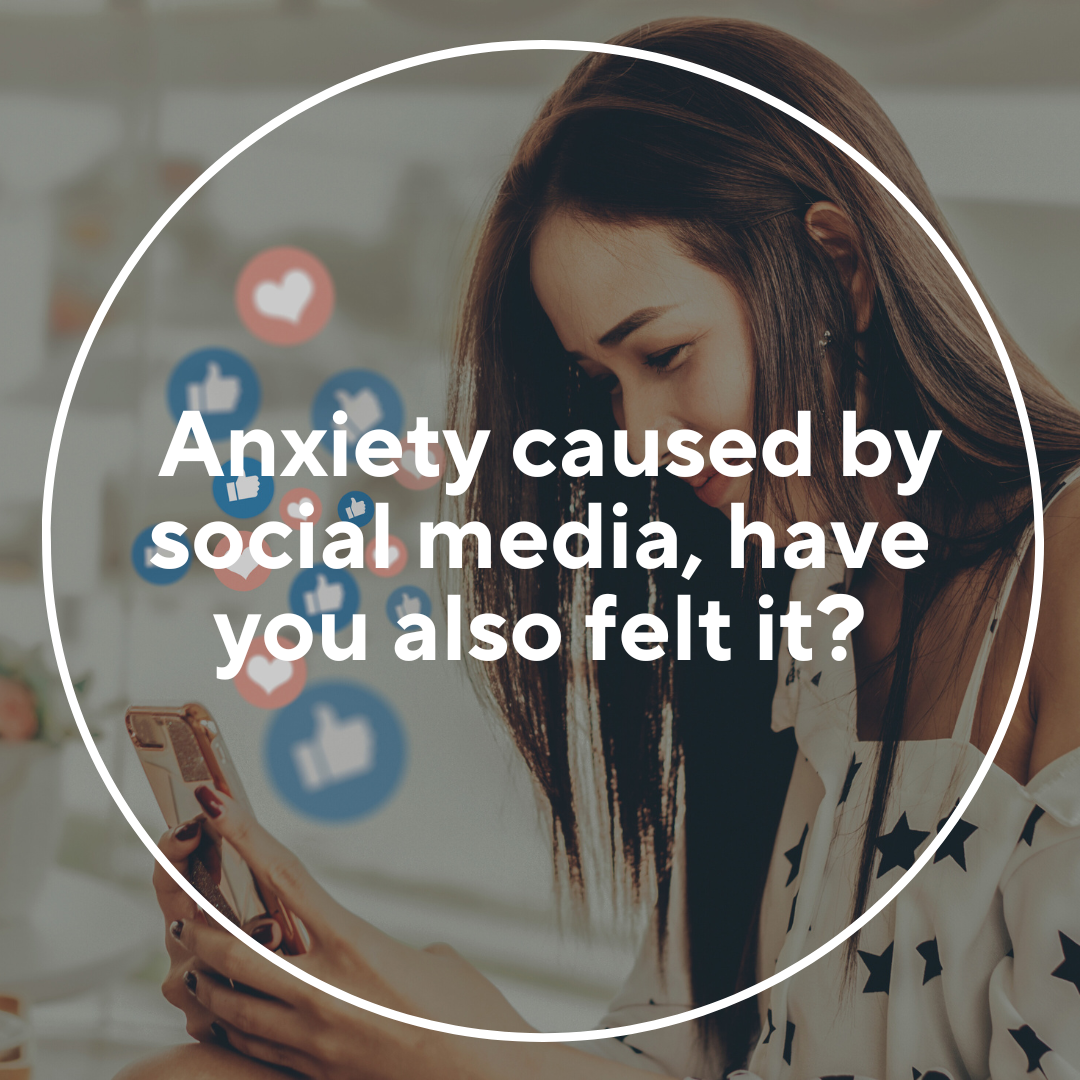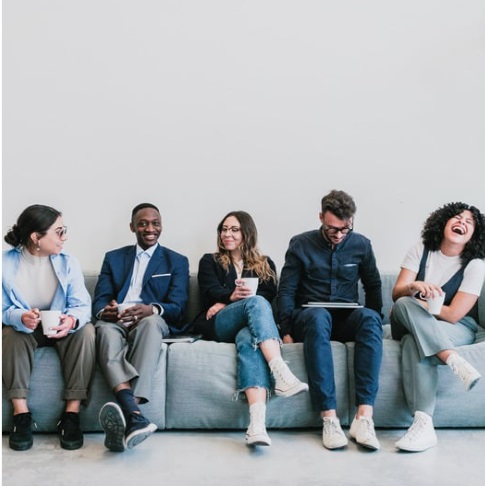In the digital age in which we live, social media has become an increasingly dominant part of our lives. That is why as we spend more time on these platforms, it is common to experience emotions related to their use. One of these could be anxiety due to the pressure to stay constantly connected. Added to this, social comparison and overexposure to information can contribute to an overstimulation that only increases our anxiety levels. Are you tired of feeling anxious about social media? Here’s how to alleviate the symptoms and prevent it from affecting your mental health.
How do social networks affect mental health?
Social media can have a significant impact on our mental health. Constant exposure to idealised images and seemingly perfect lives can lead to feelings of inadequacy and low self-esteem. In addition, the constant interaction and need for social validation can increase levels of stress and anxiety.
On the other hand, we find that the companies in charge of social networks generate more competitive algorithms. These algorithms mean that users have to be constantly interacting and posting on social networks to generate a minimum number of impressions. These factors generate strong emotions of stress in people that if kept constant over time can lead to more serious problems such as depression or anxiety.
What kind of people suffer most from social media anxiety?
Social network anxiety can affect people of all ages. However, it has been observed that young people are especially vulnerable because they have grown up with technology around them from an early age.
In addition, the pressure to fit in and feel a sense of belonging is increased in adolescence, where people are still developing both physically and mentally. The search for social acceptance and constant comparison can trigger high levels of anxiety in this group.
An association has also been found between more neurotic people and social network anxiety. Neurotic people are more sensitive to worry and the rumination of negative emotions. Having social network anxiety may also be due to how much worry a person may feel, or their predisposition to anxiety, traits that are increasingly understood to have an important genetic load.
It is therefore essential to be aware of our own patterns of use and how they affect us emotionally. As well as getting to know oneself, in order to know what our personality is like and what methods may be best for dealing with our situation.
How can I alleviate the symptoms of social media anxiety?
If you experience anxiety related to social media use, there are strategies you can implement to alleviate your symptoms:
- Set limits: Define specific times to use social networks and set time limits. Nowadays there are tools intrinsic to mobile phones that allow us to set a time limit for use, or reduce the number of notifications we receive.
- Practice digital disconnection: Schedule breaks where you disconnect completely from social networks. Use that time to dedicate yourself to activities that bring you calm and wellbeing. Meditation is highly recommended to reduce anxiety levels.
- Encourage self-care: Spend time doing activities that relax you and help you reduce stress, as well as improving your diet and exercising, practices that help reduce the likelihood of developing depressive and anxious feelings.
- Cultivate relationships in the real world: Take the opportunity to interact with people face-to-face and strengthen your offline relationships. Establishing meaningful connections in real life can give you a greater sense of belonging and emotional support. You will also see that life is very different from what social media shows us and it will help you to relativise situations.
Disconnect from social media and reconnect with yourself
Ultimately, it is important to remember that social media is only one part of our life and should not define our value or well-being. Comparing yourself to others is of no practical use as such, you are you, and you should only compare yourself to yourself in order to improve and be the person you want to be.
It is essential to be clear that often what is behind the screen is not reality, and following the demands of those who do not know you does not contribute anything to your well-being or personal improvement, so prioritise your mental health and disconnect from time to time to reconnect with yourself and with what really matters. Allow yourself moments of authenticity, reflection and personal growth away from the screen. Social media anxiety shouldn’t overpower you, so are you ready to disconnect?



